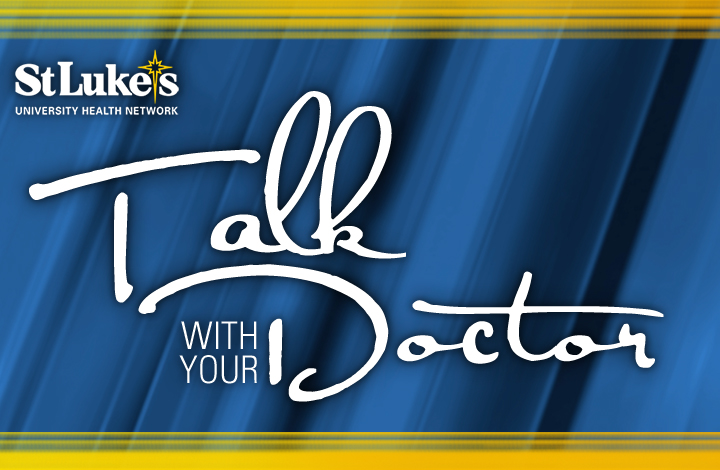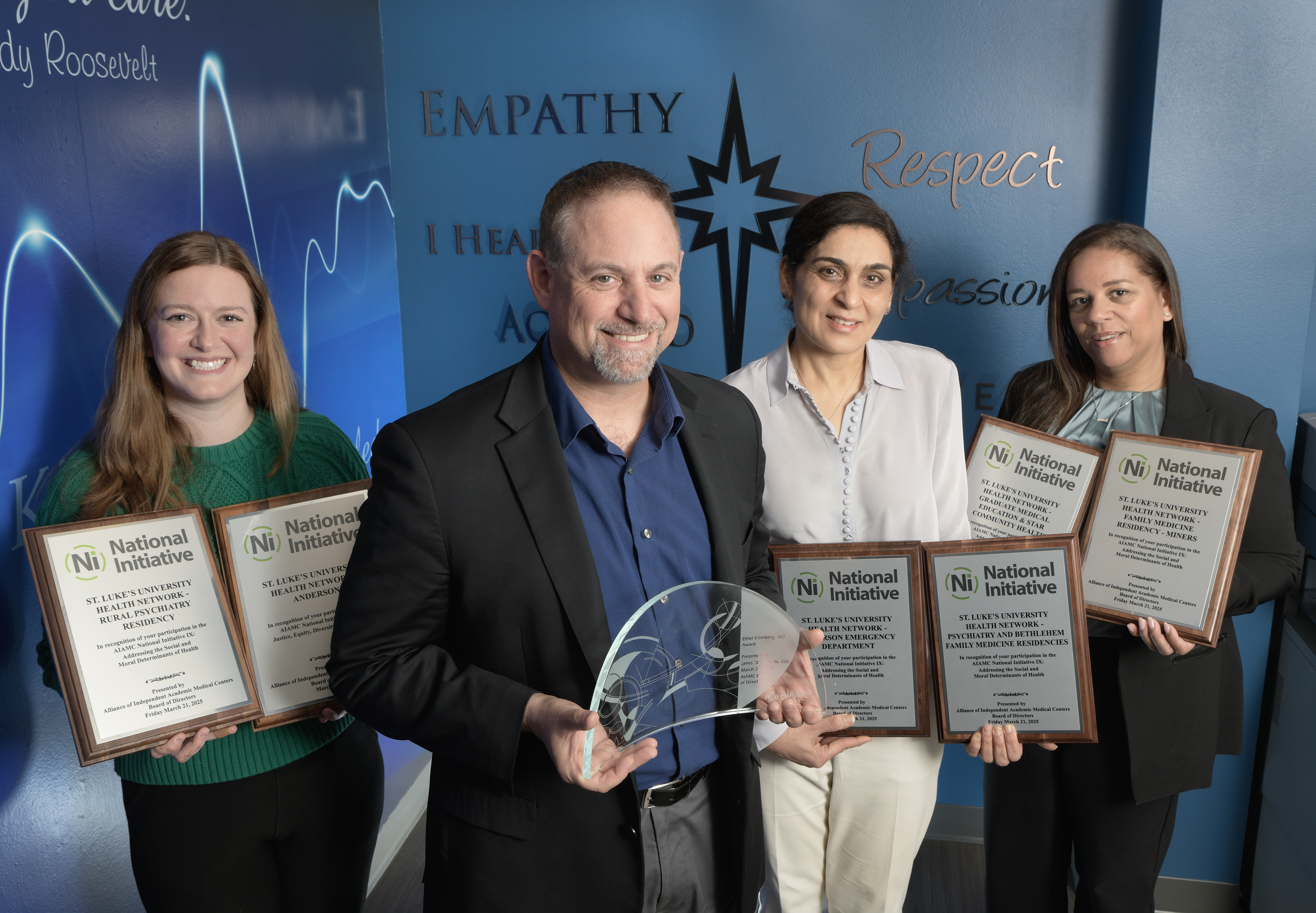Fecal Transplant Can be a Cure for Serious Colon Infection
June 04, 2018
The intestinal infection, clostridium difficile – commonly known as C. difficile or C. diff – causes terrible diarrhea and abdominal cramping. In severe cases, C. diff also can cause bloody stools, a rapid heartbeat, fever, nausea, weight loss, abdominal swelling and kidney failure. If not controlled, C. diff can be fatal. Most at risk are those over 65 and those who have illnesses or conditions that require prolonged use of antibiotics, according to the Centers for Disease Control and Prevention.

Robert Malcolm, MD
The number of cases of C. diff is on the rise and “is of great concern,” says Dr. Robert J. Malcolm of St. Luke’s Gastroenterology Specialists in Stroudsburg. One reason for the rise in C. diff is that people are developing resistance to antibiotics thanks to overuse or misuse.
Standard treatment includes stopping the antibiotic causing the C. diff and starting a course of other antibiotics and probiotics (beneficial bacteria). However, about 20 percent of people who are given antibiotics for C. diff find their infection returns over time, Dr. Malcolm says. “For many people, C. diff is a recurrent illness. When it recurs, they’re debilitated and hospitalized many times,” he says.
Now a highly effective, low-risk and innovative procedure for treating C. diff, fecal microbiota transplant (FMT), is becoming the standard of care for those with recurrent disease. During an FMT, liquified stool from a healthy donor is transplanted into the colon of a patient with C. diff.
The age of the patient isn’t a concern, only that he or she has recurrent C. diff. “We don’t offer it for the first or second episode,” Dr. Malcolm says.
Restores gut flora
Dr. Malcolm explains that FMT works by restoring the balance of bacteria that is normally present in everyone’s colon so the gut can function normally. The patient receives stool containing beneficial intestinal microbiota from a donor who has been carefully screened and has been shown to be healthy with lab tests.
The stool arrives frozen from a lab in Boston, Dr. Malcolm says. The day before the procedure, the stool is liquefied so that it can be transplanted into the patient’s colon with a syringe. It takes about 20 minutes to perform the procedure, which is done as an outpatient. The patient prepares for the transplant and is sedated just as if he was having a colonoscopy, Dr. Malcolm says.
The patient goes home soon after, Dr. Malcolm says. Most patients see results in three to five days, he says. “It is a durable treatment,” he says. “The patients are cured essentially.”
In most cases, the procedure is covered by insurance but the stool that is needed is not, Dr. Malcolm says. The stool is about $250.
If the patient doesn’t respond, the procedure can be repeated, Dr. Malcolm says. But it has a very high success rate – 90 percent, he says. Dr. Malcolm has had 100 percent success rate with the two he’s done so far at the Monroe campus.
FMT is being studied as a treatment for other inflammatory bowel diseases including Crohn’s and ulcerative colitis, “but it is not yet standard of care for those problems like it is for C. diff,” Dr. Malcolm says. Read More NewsLatest News


April 10, 2025
National Recognition for SLUHN Graduate Medical Education

April 09, 2025
In Safe Hands Award

April 08, 2025